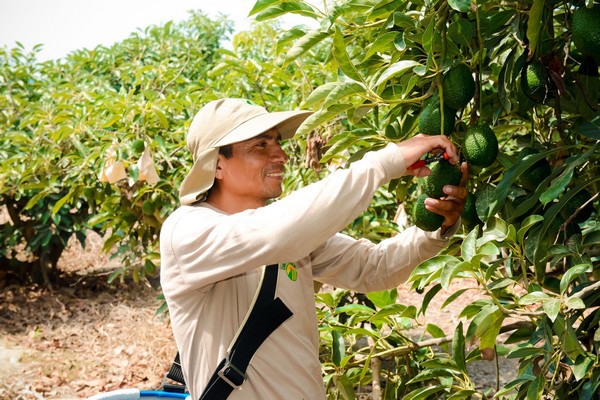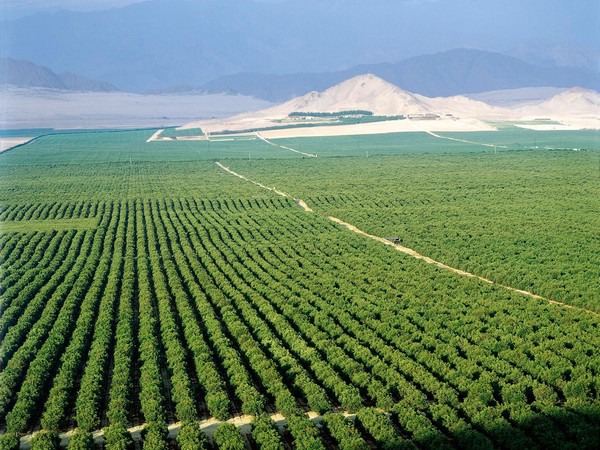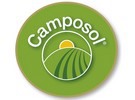Camposol recently finished the avocado season in Peru. After the high performance of last season, the volumes in Peru this year have been somewhat lower due to the effect of the crop rotation and, therefore, Camposol expects the Peruvian bid to increase again by 2020. In Colombia, the company continues focusing on the expansion of this crop. The current sown area is 1,300 hectares and is expected to reach a production of 40,000 annual avocado tons, i.e., a similar volume as the production in Peru, by 2025. Looking at the combined Peruvian and Colombian commercial windows, the company is increasingly closer to becoming an all-year-round player in this product.

Camposol manages more than 90% of its fruits in its own channel and is present in more than 40 countries. Fifty percent (50%) of exported avocados went to the United States, 35% to Europe, and the remaining 15% to Asia and the rest of the world. In Asia, Camposol is very interested in Korea, a country with more than 50 million inhabitants that recently opened its market to Peruvian avocados.
Jorge Ramírez, Camposol’s CEO, affirms: “The Hass avocado demand continues growing at an annual rate of 4% to 5%. More mature markets, such as those from the United States and Europe, consume 3.1 kg and 1.8 kg per capita, respectively. China has only a 0.3 kg per capita consumption, so there is a huge potential we must foster there during the next ten years.”
One of the main challenges Camposol faces regarding the cultivation of avocado, but also other products, consists of ensuring a sustainable irrigation system. On the one hand, unlike countries as Mexico and Chile, the provision of water for sown fields in Peru comes from irrigation projects that transport water from the Andes to the coastal strip, so the absence of rains does not represent a risk for the crops. On the other hand, and according to the Camposol Cares from Farm to Family (CCFFTF) corporate philosophy, the company is aware of its responsibility regarding climate change and, therefore, is working on measuring and reducing its water footprint.

For five years and in collaboration with the SuizAgua organization, Camposol has been measuring the water footprint of its blueberries, avocados and mandarins, as well as the footprint in the industrial processes of blueberries, fresh avocados and frozen mangoes. The company also participates in the Blue Certificate program the National Water Authority (ANA, in Spanish) leads. In 2019, Camposol was the first Peruvian agroindustrial company in obtaining the certificate.
Regarding this matter Jorge Ramírez adds: “All these initiatives are part of our strategy to reduce our impacts on the agricultural ecosystem and, therefore, we use natural resources in a responsible way, promote efficiency and continuous improvement of our processes, and foster the reuse of resources.”
For more information: 
Beate Löwe-Navarro
Tel: +49 421 591435
Email: bln@bln-communications.com
www.camposol.com.pe
